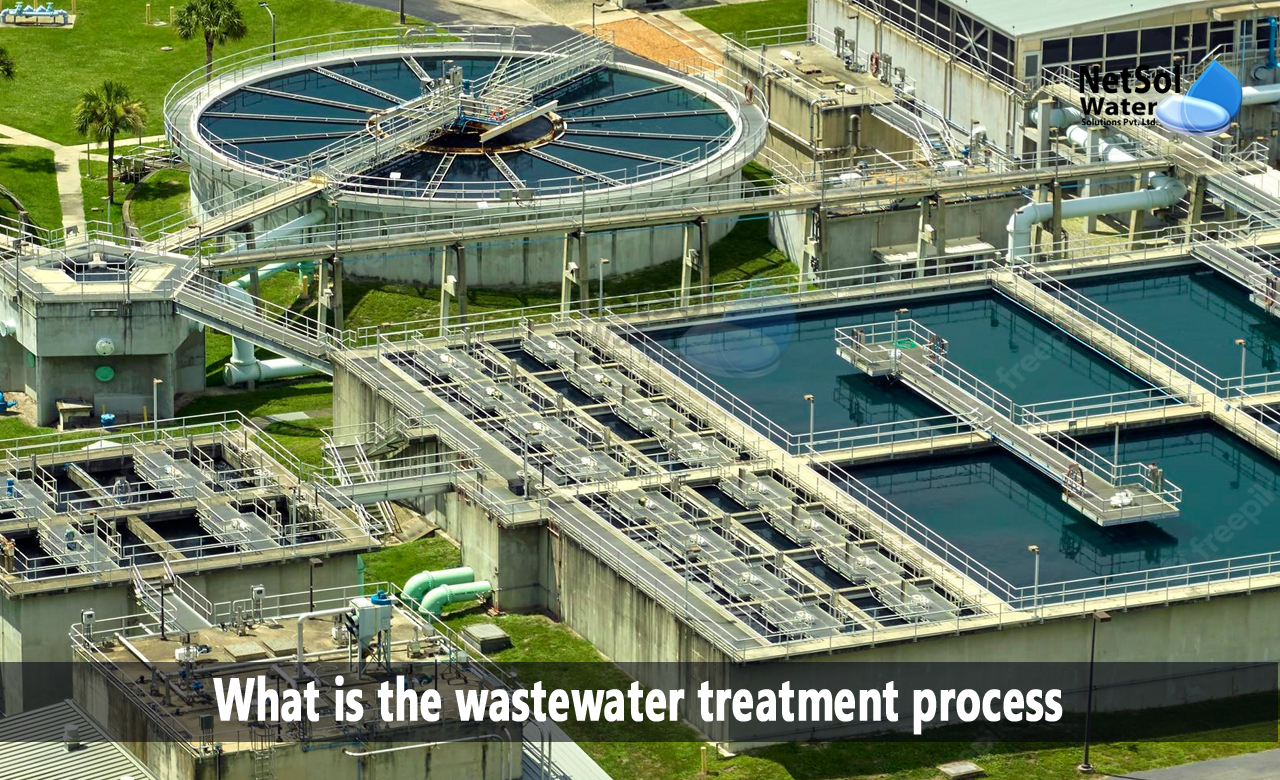Water that has been contaminated by domestic, industrial, or commercial use is referred to as wastewater. Some kind of wastewater is more difficult to treat than others, according to the Safe Drinking Water Foundation. Industrial wastewater, for example, can be difficult to treat due to its high strength. Domestic wastewater, on the other hand, is relatively simple to treat. Because, not all waste reaches wastewater treatment plants, wastewater can pollute the environment in a variety of ways.
What is the wastewater treatment process?
There are two types of wastewater treatment: primary and secondary.
The Primary Treatment
Primary treatment removes material that will float or settle out naturally by gravity. Screening, comminution (the act of reducing material to minute particles or fragments), grit removal, and sedimentation, are all part of this treatment.
When wastewater enters a treatment plant, it flows through a screen. Large floating objects, such as rags and sticks, are removed, which can clog pipes or damage equipment. After being screened, the wastewater enters a grit chamber, where cinders, sand, and small stones, settle to the bottom.
After the grit has been removed by screening, the wastewater still contains organic and inorganic matter, as well as other suspended solids. A sedimentation tank can be used to remove these solids. Pumping is commonly used to remove biosolids from tanks.
According to the EPA, primary treatment is increasingly insufficient to meet the water quality standards of many communities. As a result, cities and industries typically treat it to a secondary treatment level, with advanced treatment used in some cases to remove nutrients and remaining contaminants.
Secondary Treatment
Secondary treatment removes soluble organic matter that was not removed by primary treatment. It eliminates more suspended solids, typically through biological processes in which microbes consume organic impurities as food, and then convert them to carbon dioxide, water, and energy.
The removal of soluble organic matter at the treatment plant contributes to the preservation, of the dissolved oxygen balance of the receiving stream, river, or lake.
According to the EPA, the secondary stage of treatment removes about 85% of the organic matter in sewage, by utilizing the bacteria in it. The trickling filter and the activated sludge process are the two most common secondary treatment techniques.
Aeration Tank in primary treatment
In the primary stage, sewage is pumped into an aeration tank after leaving the settling tank. During this time, the bacteria degrade organic matter into innocuous by-products.
The sludge has now been activated by billions of bacteria and other tiny organisms, and can be reused by returning it to the aeration tank for mixing with air and new sewage.
The partially treated sewage flows from the tank to another sedimentation tank, for bacteria removal. Before being discharged, the wastewater from the sedimentation tank is usually disinfected with chlorine, to complete secondary treatment.
Different processes for secondary treatment
Many states now require that excess chlorine be removed before discharge, to surface waters through a process known as de-chlorination.
New methods for removing pollutants, such as advanced waste treatment, filtration, carbon adsorption, distillation, and reverse osmosis, are being developed.
Conclusion
Thousands of gallons of water are typically wasted each day as a result of heavy industry or domestic sewage. People pay little attention to wastewater treatment, whether knowingly or unknowingly. It has an immediate and indirect impact on nearby people, plants, and animals, as well as the environment.
What do we offer?
If you have any questions about wastewatertreatment plants, or if you would like to discuss about wastewater treatment, contact the Netsol Water team right away. Our team is an expert in wastewater treatment and can help you tailor a solution, to your specific requirements.
We collaborate with our clients to design a customized wastewater treatment solution that meets your specific requirements, as well as an on-going service plan to completely maintain your system.
Netsol Water is Greater Noida-based leading water & wastewater treatment plant manufacturer. We are industry's most demanding company based on client review and work quality. We are known as best commercial RO plant manufacturers, industrial RO plant manufacturer, sewage treatment plant manufacturer, Water Softener Plant Manufacturers and effluent treatment plant manufacturers. Apart from this 24x7 customer support is our USP. Call on +91-9650608473, or write us at enquiry@netsolwater.com for any support, inquiry or product-purchase related query.



